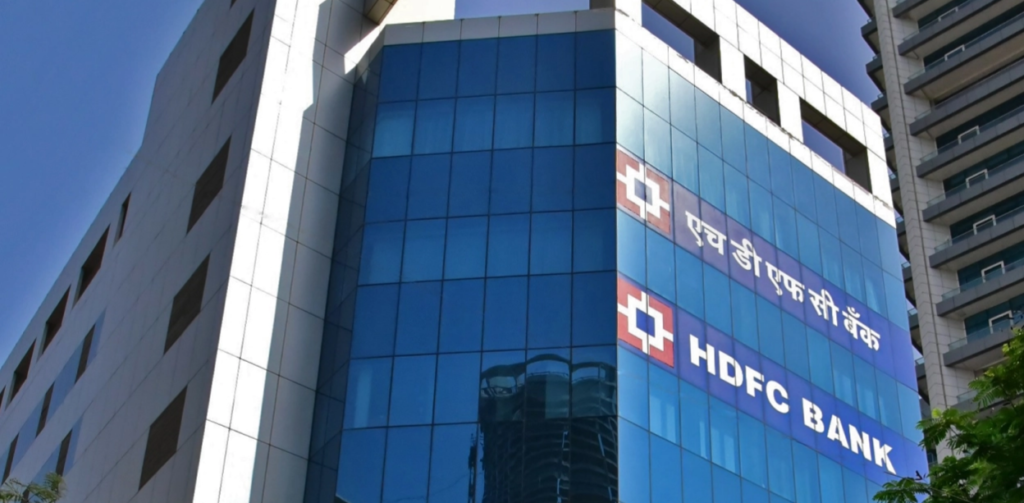Aastha Pareek
In the landmark case HDFC Bank Ltd. v. The State of Bihar & Ors., the Supreme Court, through a bench comprising Justices B.R. Gavai and K.V. Viswanathan, quashed the FIR lodged against HDFC Bank officials for allegedly allowing locker access in violation of an Income Tax Department restraint order.
Case Background
The case arose from a search and seizure operation conducted by the Income Tax Department in October 2021, targeting various individuals, including Smt. Sunita Khemka, who held a locker at HDFC Bank’s Exhibition Road Branch, Patna. On October 5, 2021, a restraint order was issued under Section 132(3) of the Income Tax Act, 1961, preventing the operation of any bank accounts or lockers related to the Khemka family. However, on November 9, 2021, Smt. Khemka operated her locker after an email revoking the restraint on certain bank accounts was misinterpreted by the bank officials, leading them to believe that the restraint on the locker had also been lifted.
The Income Tax authorities discovered this breach during a subsequent search and initiated legal proceedings against the bank officials under several sections of the Indian Penal Code (IPC), including Sections 34, 120B, 406, 409, 420, and 462, accusing them of conspiracy, criminal breach of trust, and cheating.
Legal Arguments
The primary argument raised by HDFC Bank, represented by Senior Counsel Mr. Neeraj Kishan Kaul, was that the FIR lacked the essential elements to constitute the alleged offenses under the IPC. Mr. Kaul emphasized that there was no mens rea (criminal intent) on the part of the bank officials, as they had acted under a genuine misinterpretation of the revocation order, which they believed applied to the locker as well. Furthermore, it was argued that no fraudulent intent or collusion with the account holder (Smt. Khemka) had been proven, and the officials had acted in good faith.
On the other hand, the State of Bihar contended that the breach of the restraining order was clear and that the officials had allowed Smt. Khemka to access her locker unlawfully. It was argued that the officials’ actions, amounted to a violation of their duties, attracting criminal liability under the relevant sections of the IPC.
Supreme Court’s Ruling
The Supreme Court, after examining the facts and the submissions, held that the FIR did not disclose the essential ingredients necessary to sustain the charges under the IPC. The Court reiterated the principles laid down in State of Haryana v. Bhajan Lal regarding the quashing of FIRs under Section 482 of the CrPC, which can be invoked when the allegations in the FIR, even if taken at face value, do not constitute a cognizable offense.
The Court found that the officials had acted based on a misinterpretation of the revocation order and that there was no evidence of criminal intent or conspiracy. The FIR did not show any fraudulent inducement or breach of trust on the part of the bank officials, which are key elements for establishing offenses under Sections 409 and 420 of the IPC. Further, the Court ruled that the continuation of criminal proceedings would cause undue hardship to the bank officials and that the FIR was devoid of merit.
Case Name:- HDFC Bank Ltd. v. The State of Bihar & Ors.
Case Number:- Criminal Appeal No. ______ of 2024, arising out of SLP(Cr.) No. 8906 of 2022.
Bench:- B.R. Gavai and K.V. Viswanathan

